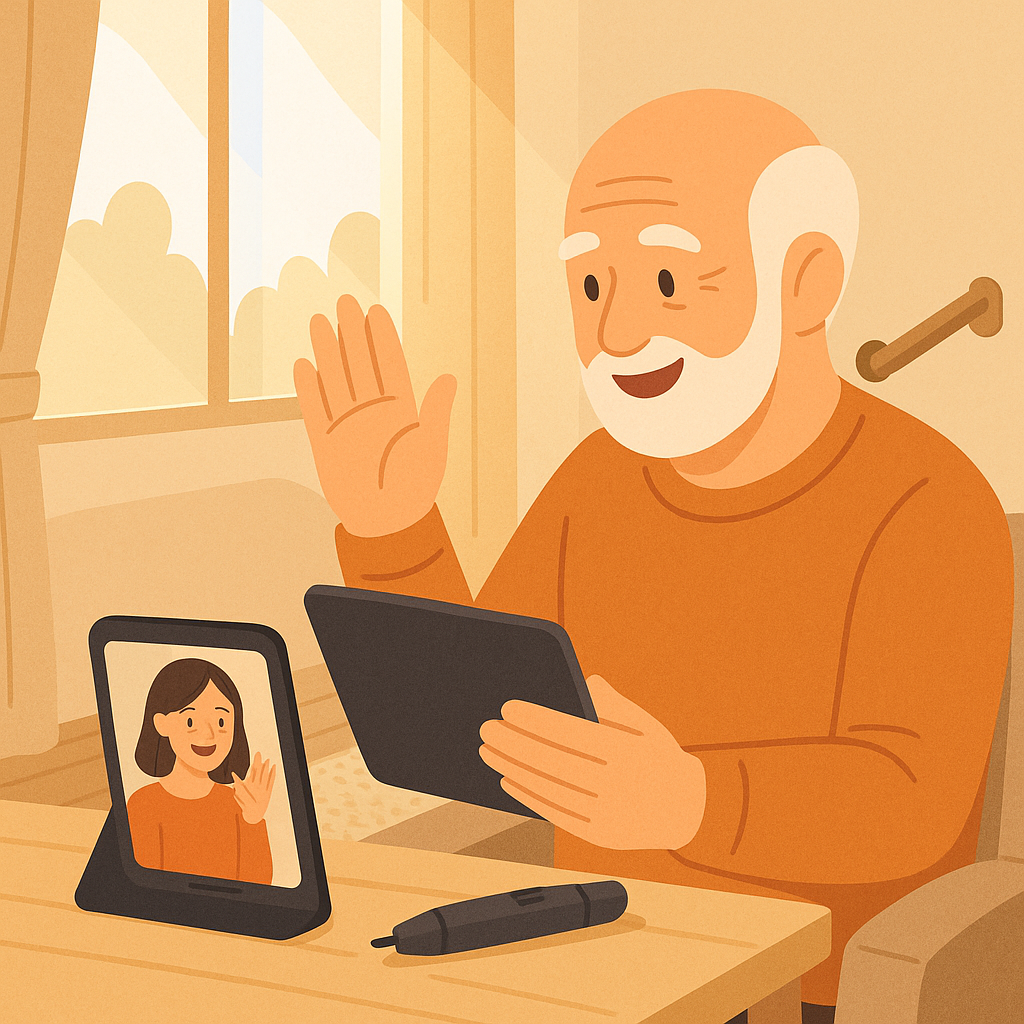Have you ever noticed how people seem mentally sharper when they stay socially active? Studies increasingly show that isolation may quietly shape brain health. This article explores why consistent social interaction could help protect cognitive function and emotional balance as we age.

1. How Isolation Affects the Brain
Social isolation doesn’t just influence mood — it may also alter brain structure and function. When meaningful interaction decreases, neural stimulation drops, leading to slower cognitive processing and reduced memory resilience.
- Reduced mental activity: fewer conversations and shared tasks mean less daily brain exercise.
- Stress and inflammation: loneliness may raise cortisol and inflammatory markers linked to cognitive decline.
- Sleep and routine disruption: isolated individuals often experience fragmented rest, further affecting mental clarity.
2. The Protective Power of Communication
Conversations, even brief ones, can activate attention, language, and emotional centers in the brain. These everyday exchanges may act like micro workouts for cognition.
- Verbal interaction: keeps linguistic memory active and strengthens recall speed.
- Emotional expression: sharing feelings reduces anxiety and may regulate stress hormones.
- Shared laughter or empathy: boosts dopamine and oxytocin, which support neural plasticity.
3. Small Social Habits That Support Cognitive Health
Building connection doesn’t always require large gatherings. Simple, steady habits may offer long-term benefits.
- Call or message one friend daily, even for five minutes.
- Join small group activities such as book clubs or local walks.
- Maintain hobbies that encourage shared focus, like gardening or cooking together.
- Consider volunteering — helping others may reduce self-isolating tendencies.
4. Technology as a Helpful Bridge
When in-person contact isn’t possible, technology may provide an alternative bridge to connection.
- Video calls can still trigger emotional recognition and empathy responses.
- Group chats and online communities help sustain belonging, especially for older adults living alone.
- Listening to shared playlists or virtual events may rekindle social engagement safely.
🌟 Conclusion
Social connection is more than comfort — it’s cognitive protection. Regular communication may strengthen neural pathways, regulate mood, and reduce dementia risk over time. Even small, genuine interactions can remind the brain that it’s still part of a living, responsive world.
References and Further Reading
- World Health Organization — Dementia Risk Reduction
- National Institute on Aging — Social Isolation and Cognitive Health
- Harvard Health Publishing — The Effects of Loneliness on the Brain
Disclaimer
This article is for informational purposes only and not medical advice. Individual risk factors may vary depending on health and lifestyle.